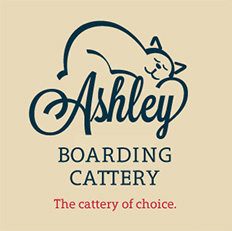Month: September, 2013
Lack of Legislation within the Pet Boarding Industry
I watched with dismay last week, as the Campbell Live programme reported on a dog having been mauled at a Boarding Kennel. Do not think this is a one off incident. It isn’t. And the problems do not stop at boarding kennels.
In the eighteen months I have been operating this cattery, I have heard some absolute horror stories relayed to me by clients regarding their experiences at other catteries.
Unfortunately New Zealand is sadly lacking in the area of rules and regulations pertaining to boarding establishments. You don’t need a licence; there is absolutely no governing body and no inspection done on literally hundreds of boarding kennel and cattery facilities throughout the country.
The one exception, of course, is those facilities that belong to AsureQuality. AsureQuality does undertake an annual audit of pet boarding facilities that have “VOLUNTARILY” joined this program. Even the NZ Boarding Kennel and Cattery Association which was disbanded in 2007 was voluntary membership. We need to do better if we are to be seen as a country that has animal welfare as a priority.
In the UK, catteries and kennels cannot operate without a licence from the Local Authority. Licences are issued subject to certain conditions and several organisations have contributed to the drafting of the guidelines of these conditions, namely the Feline Advisory Bureau, Pet Trade and Industry Association, British Veterinary Association, Chartered Institute of Environmental Health, along with District Councils. Licences are normally valid for one year and annual inspections are carried out to ensure owners continue to comply with all licensing conditions. A qualified Vet is also contracted to inspect. Fees are payable to the local authority and to the Vet. What’s more, unannounced visits may also be made at anytime during the year.
So why is it that we do not have comparable regulations in New Zealand? It is unacceptable for pet owners to return from holiday to find their dog or cat injured, near death or dead from misadventure, or mindboggling as it sounds, missing!! Surely there should be some repercussions?
The NZ Companion Animal Council is currently drafting a code of welfare for the Temporary Housing of Companion Animals, covering among other things, boarding establishments. These codes are then submitted to the National Animal Welfare Advisory Committee who in turn makes recommendations to the Government on what should become law. The NZCAC draft should be available for public consultation late 2013.
Let us hope that in the not too distant future, rules and regulations governing the pet boarding industry within New Zealand become a great deal tougher, at least for the sake of our beloved cats and dogs.
